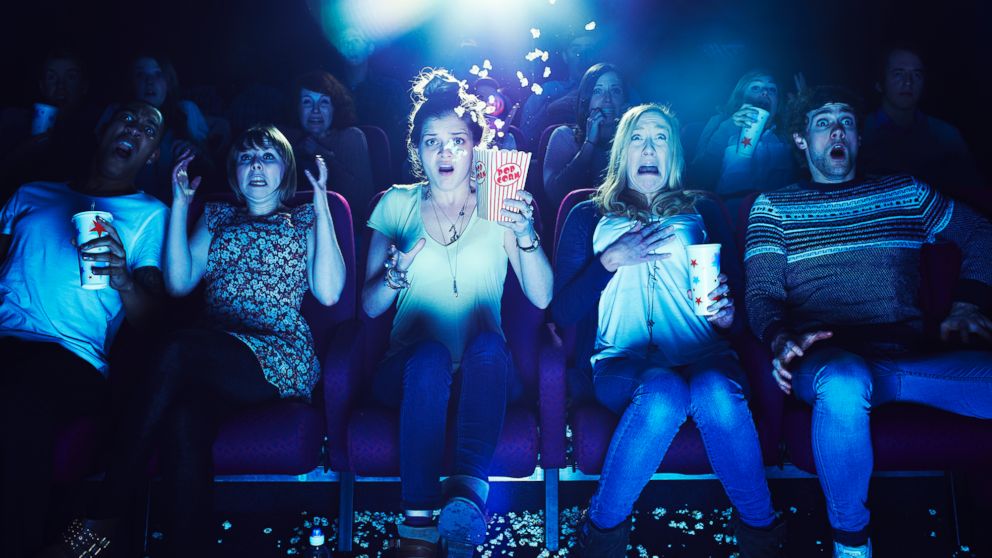This Is Your Brain on Gore
Nothing grabs our attention like violence, researchers say.

— -- If you've seen the movies "The Godfather," "Fargo" or "Psycho," chances are you remember one scene from each of those flicks so vividly that it seems like you watched it just yesterday.
A horse's head, a wood chipper, and a shower might refresh your memory, but you probably don't need any help.
However, the scenes just before or immediately afterward probably faded a long time ago.
That's likely one reason movie producers like to cram their films full of gory violence and disgusting scenes, because we can't forget them.
But scientists who have been studying bloodshed in the movies find it's more complex than that. Violence grabs us by the throat, and it overwhelms our memory of other scenes.
Psychologists at Vanderbilt University found a few years ago that gore -- and even erotic images -- cause temporary "blindness" in the moments following the scene, and researchers at the University of Central Florida and Indiana University have just released a study showing those scenes also wipe out our memory of what happened just before the blood hit the walls.
But, they insist, we still love it.
"Disgust, it is argued here, makes us feel bad -- but it has functionally evolved over time to compel our attention, thus making it a quality of entertainment messages that may keep audiences engrossed and engaged," researchers Bridget Rubenking and Annie Lang argue in a study published in the current issue of the Journal of Communication.
So no matter how repugnant the scene is, we sit on the edge of our seats, sweating and biting our fingernails, as our pulse soars and then drops, unwilling to miss a single, bloody moment.
Scientists who studied 482 people in Germany and the United States concluded last year that we like gory scenes because it reinforces our hope that, in the end, good will triumph over evil.
Feel better now?
Of course, we don't need scientists to tell us that we aren't going to give up our passion for the darker side of life anytime soon. Box office receipts make that pretty clear.
But they are telling us those same scenes can play hardball with our memories, and that raises questions about the reliability of eyewitness accounts of violent events.
The study by Rubenking and Lang focuses on things that "are quintessentially gross." They include a closeup of a woman whose torso is cut open, and a man whose throat is slit, and vomit and feces. The latter had an interesting effect.
The participants didn't have as much trouble dealing with either of those, unless a human "does something disgusting" with the vomit or feces.
They also looked at "sociomoral disgust," like racism and child abuse, which evoked a slower response, suggesting the participants were trying to think through the situation, not just witness it.
The participants, all of whom are college students, had electrodes attached to various areas of their bodies to measure heart rate and other physiological indicators as they watched a movie on a large screen TV set.
The data from the sensors revealed that the more disgusting the scene, the more involved the participant became.
If the scene showed death, the participants could recall it vividly, but perhaps surprisingly, they had "incredibly poor memory for what preceded it," the study says.
So if someone sees a violent attack, either in a movie or on a city street, can the testimony about what led up to the attack be trusted? Maybe that explains why eyewitness accounts can differ so much.




